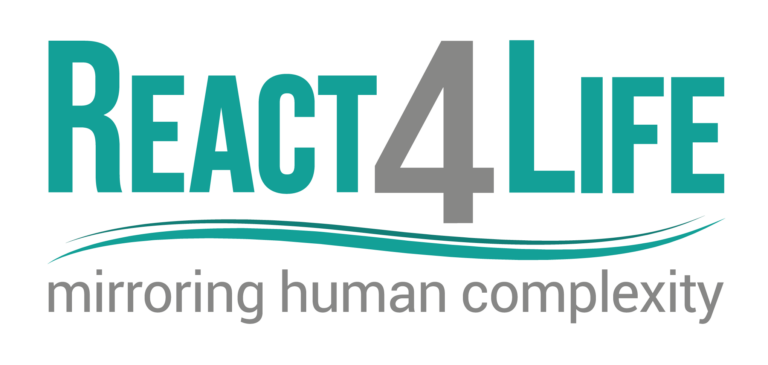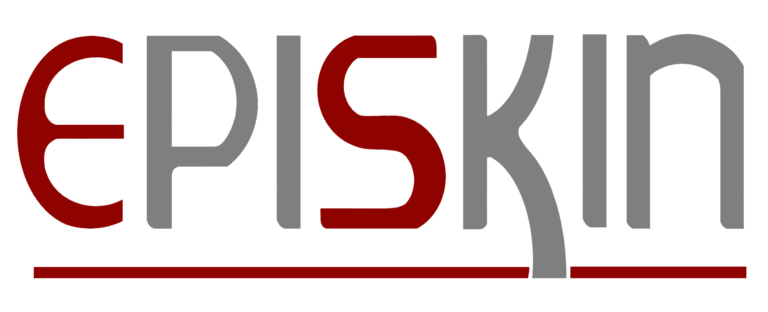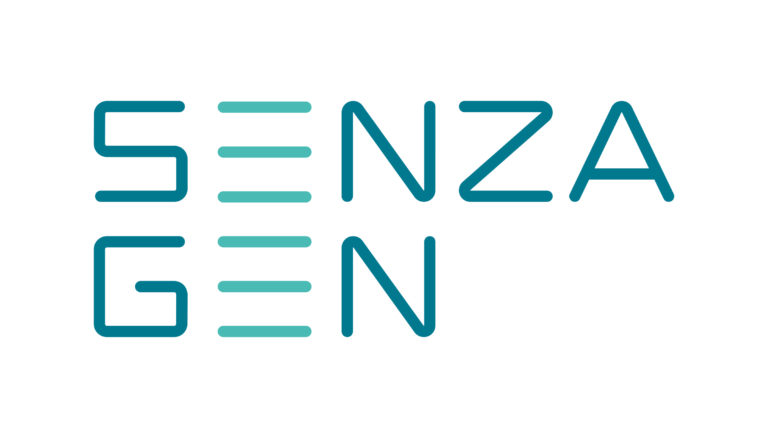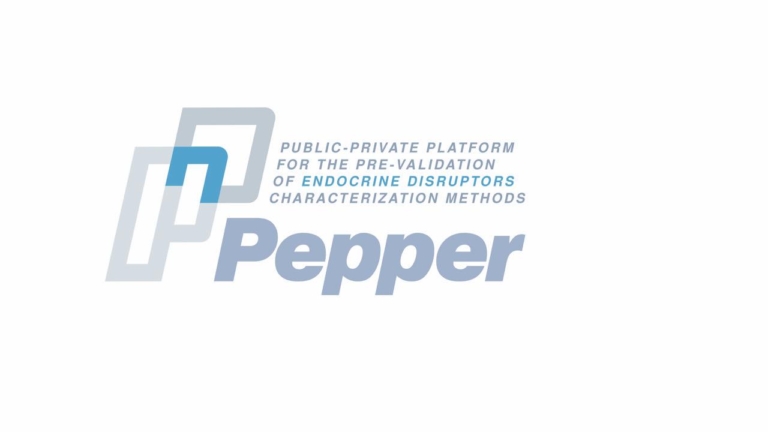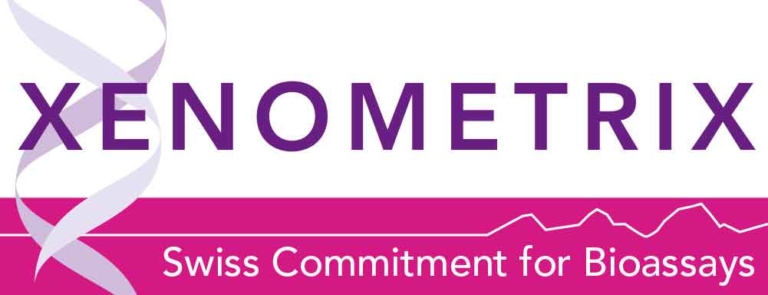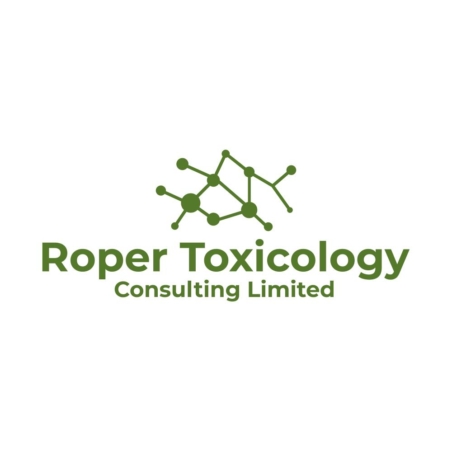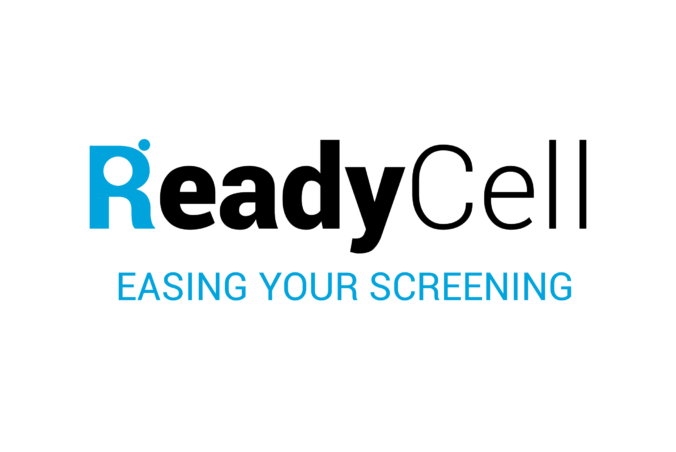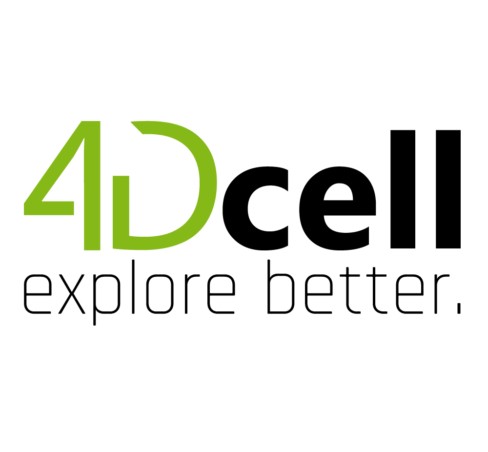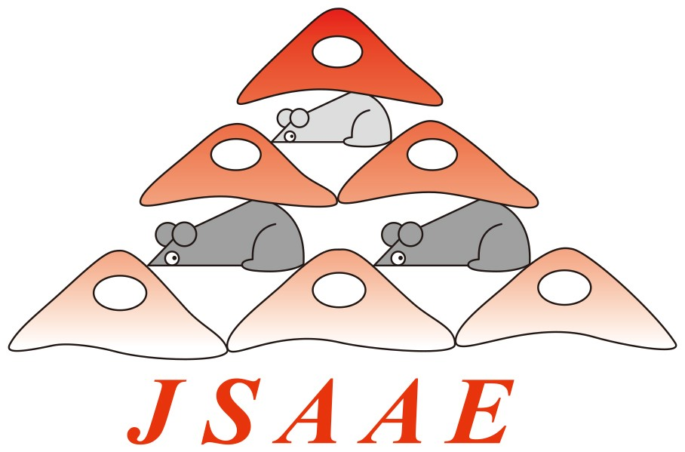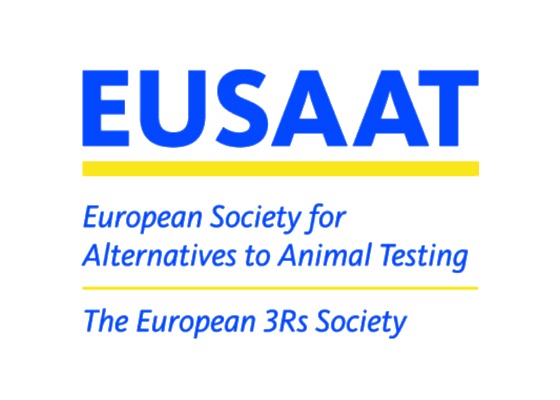Friday, January 21, 2022
10:00-11:30 EST / 4:00-5:30 CET
Register here: https://us06web.zoom.us/webinar/register/WN_y-YzKU5tR_Kuf4qD1aMAaA
Presenters:
Stefan Pfuhler, Procter and Gamble
Kerstin Reisinger, Henkel AG & Co. KGaA
The in vitro genotoxicity test battery has a high sensitivity for prediction of in vivo genotoxic/carcinogenic agents but tends to over-predict the genotoxicity hazard, resulting in misleading positive results. To address this, the Cosmetics Europe Genotoxicity Task Force has established two in vitro skin genotoxicity models as follow up assays to the in vitro test battery for substances with dermal exposure: the reconstructed skin (RS) Comet assay and the RS micronucleus (RSMN) test. Here, we report on the completed validation of these assays. Both assays exhibited good sensitivity and specificity: 77% and 88% for 3D Skin Comet (32 compounds) and 80% and 87% for the RSMN (47 compounds). A combination of these assays enables detection of DNA damage leading to all 3 types of genotoxic damage (mutation, clastogenicity and aneugenicity). By applying an endpoint-triggered strategy, the sensitivity increased to 89%. The high predictivity for the expected in vivo outcome observed for these higher tier in vitro assays supports their use as follow-up tests to the standard test battery. For topically applied chemicals, the RSMN assay is recommended for in vitro positive chemicals that showed a clastogenic or aneugenic MoA; whereas, substances triggering gene mutation should be followed-up with a RS Comet assay. This tiered strategy shows great promise as an in vitro-only approach for genotoxicity testing of dermally exposed substances and both assays were recently accepted into the OECD guideline development program.
Recording is available at: https://youtu.be/PPzRdm4I0gU
 The ESTIV Members Area
The ESTIV Members Area